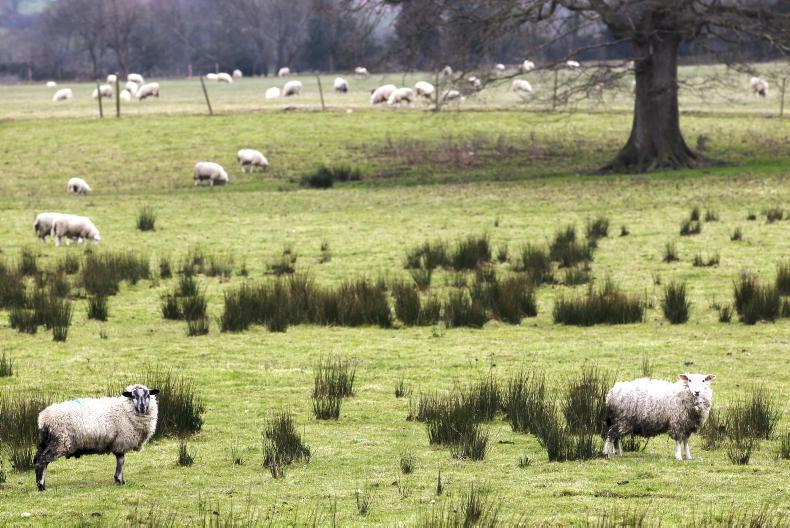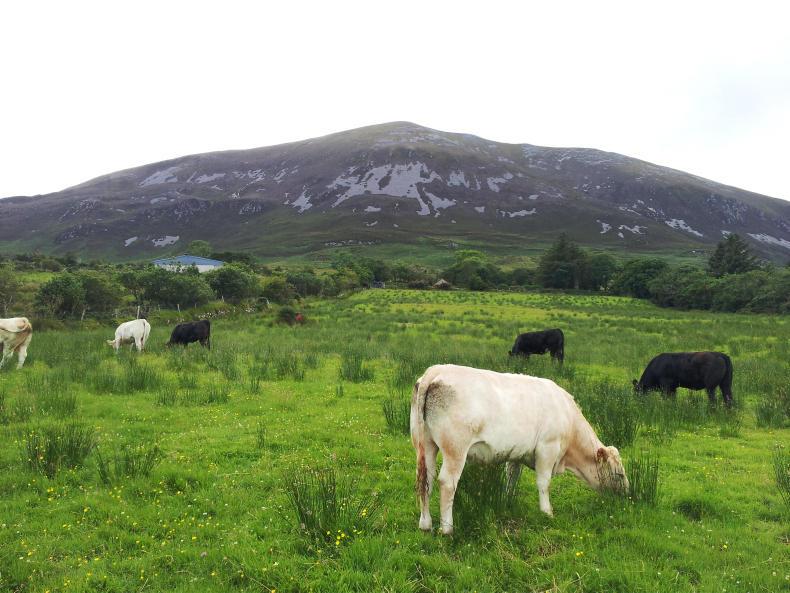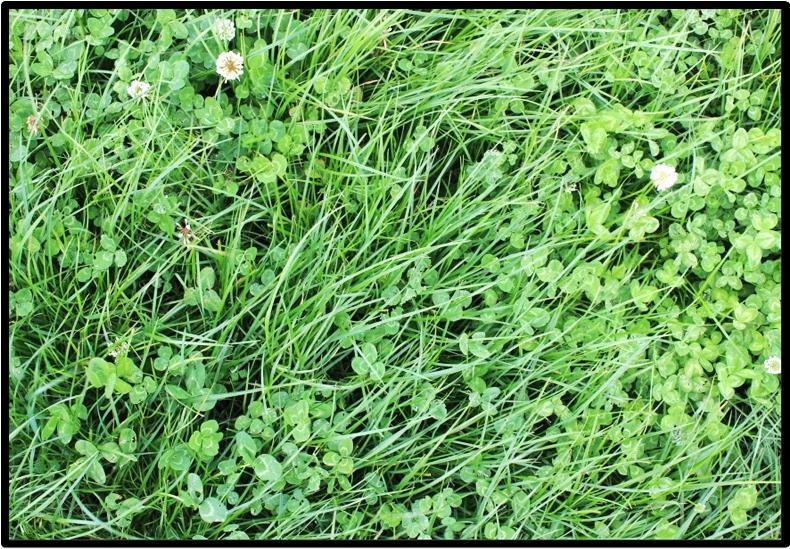The level of pesticides found in water supplies in 2016 remains worryingly high, the latest drinking water report from the Environmental Protection Agency (EPA) shows.
Fifty-five water samples taken from 29 different supplies last year were found to breach the legal limit for individual pesticides.
The widely used rush spray MCPA was the chemical found in almost 70% of the contaminated samples.
If we can’t get those levels down, the likelihood of drastic action by the European Commission continues to grow
The EPA has warned that unless the level of MCPA contamination is reduced, the chemical could be banned at European level or in Ireland.
Senior EPA inspector Darragh Page told the Irish Farmers Journal that while there was a slight reduction in the number of MCPA-contaminated water supplies from 61 in 2015 to 55 in 2016, it was “still very high”.
“And looking at the data from 2017 to date, it looks like it has gone back up again,” he said.
“If we can’t get those levels down, the likelihood of drastic action by the European Commission continues to grow,” warned Page.
He added that pesticide contamination is not linked to any particular part of Ireland, pointing out that there was at least one pesticide breach in every county of Ireland in 2016.
MCPA is usually detected in the summer months of May, June and July and again in the September/October period. This coincides with when MCPA is typically used to control ragwort, rushes and thistles.
Legal limit
The legal limit for MCPA in drinking water is one part per billion, or the equivalent of one drop in an Olympic-sized swimming pool.
The legal limit for total pesticides in water is five parts per billion.
Both limits are well below the levels which would affect human health, according to the EPA.
Last year, Irish Water began to monitor all public supplies for 21 pesticides. At the end of 2016, 63 water supplies, serving over 900,000 people, were being investigated because they failed to meet the pesticide standard.

Farmers and other MCPA users such as golf courses are urged to follow the rules for responsible pesticide use.
These include not spraying when grass is wet or when rain is forecast within 48 hours, staying away from watercourses when spraying, and care when rinsing and disposing of used spray containers.
Read more
A single drop of MCPA in an Olympic size pool will contaminate the water
Timing important in treatment of rushes
The level of pesticides found in water supplies in 2016 remains worryingly high, the latest drinking water report from the Environmental Protection Agency (EPA) shows.
Fifty-five water samples taken from 29 different supplies last year were found to breach the legal limit for individual pesticides.
The widely used rush spray MCPA was the chemical found in almost 70% of the contaminated samples.
If we can’t get those levels down, the likelihood of drastic action by the European Commission continues to grow
The EPA has warned that unless the level of MCPA contamination is reduced, the chemical could be banned at European level or in Ireland.
Senior EPA inspector Darragh Page told the Irish Farmers Journal that while there was a slight reduction in the number of MCPA-contaminated water supplies from 61 in 2015 to 55 in 2016, it was “still very high”.
“And looking at the data from 2017 to date, it looks like it has gone back up again,” he said.
“If we can’t get those levels down, the likelihood of drastic action by the European Commission continues to grow,” warned Page.
He added that pesticide contamination is not linked to any particular part of Ireland, pointing out that there was at least one pesticide breach in every county of Ireland in 2016.
MCPA is usually detected in the summer months of May, June and July and again in the September/October period. This coincides with when MCPA is typically used to control ragwort, rushes and thistles.
Legal limit
The legal limit for MCPA in drinking water is one part per billion, or the equivalent of one drop in an Olympic-sized swimming pool.
The legal limit for total pesticides in water is five parts per billion.
Both limits are well below the levels which would affect human health, according to the EPA.
Last year, Irish Water began to monitor all public supplies for 21 pesticides. At the end of 2016, 63 water supplies, serving over 900,000 people, were being investigated because they failed to meet the pesticide standard.

Farmers and other MCPA users such as golf courses are urged to follow the rules for responsible pesticide use.
These include not spraying when grass is wet or when rain is forecast within 48 hours, staying away from watercourses when spraying, and care when rinsing and disposing of used spray containers.
Read more
A single drop of MCPA in an Olympic size pool will contaminate the water
Timing important in treatment of rushes













SHARING OPTIONS